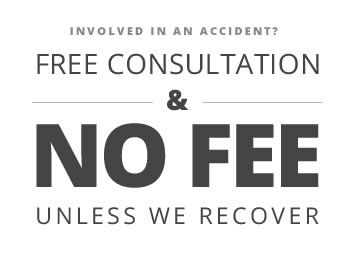If you’ve been injured in a Baltimore County car accident and were out of work during your rehabilitation, you may recover lost wages for the income you didn’t earn. Proving your right to lost wages is relatively straightforward: You can use pay stubs, cancelled checks, bank statements, or income tax returns to establish the amount you made before the accident occurred.
However, where there are serious injuries, it’s common for victims to be unable to return to work after an accident; or, if they do go back to their employment, they may earn less because of enduring medical conditions. In such cases, Maryland law may allow a person to recover compensation under the doctrine of diminished earning capacity.
Legal Concept of Diminished Earning Capacity: Your capacity refers to your ability to earn a living in the same employment you had before your accident, or in a position that’s comparable. There’s always some speculation involved with predicting the future, yet you have to prove your right to diminished earning capacity with some degree of certainty in order to recover compensation from the responsible party. Since you can’t rely upon documents, a case for lost future income usually rests upon experts to analyze your situation and report their opinion on the amount you would make had circumstances not changed.
Factors Indicating Diminished Earning Capacity: While every case is unique, there are some factors that courts and insurance companies turn to because they tend to be reliable sources in determining diminished earning capacity.
- Medical experts can assess all medical records related to your injuries – along with past treatment, ongoing care, and your future medical condition – to determine whether a full recovery is possible.
- If a full recovery does not appear likely, medical experts can present a realistic idea of your physical capabilities and limitations.
- Where your injuries will restrict performance of your job-related duties, there are financial implications of a reduction in salary.
- Financial experts evaluate the income you would have received had you not been injured and compare that amount to what you can reasonably expect to receive post-accident. This forecasting is critical in proving loss of future wages.
A car accident attorney would consult with medical and actuarial experts to testify on their opinions regarding these factors. However, an insurance company or attorney for the defendant will do the same and likely come up with a very different picture – one that doesn’t support your claim for diminished earning capacity. This is why it’s important to have a lawyer who will fight to protect your interests.
The difference between lost wages and diminished earning capacity is quite simple: The first covers the income you didn’t earn during the healing process, and the second incorporates the income you may have earned had the accident not happened. From here, the legal issues become far more complex. Proving diminished earning capacity requires an attorney with extensive knowledge of the concept and experience in working with expert witnesses. If you’ve been injured and suffered a disability that will impact your future earnings, please contact attorney Michael A. Freedman to discuss your case.
See Related Blog Posts:


